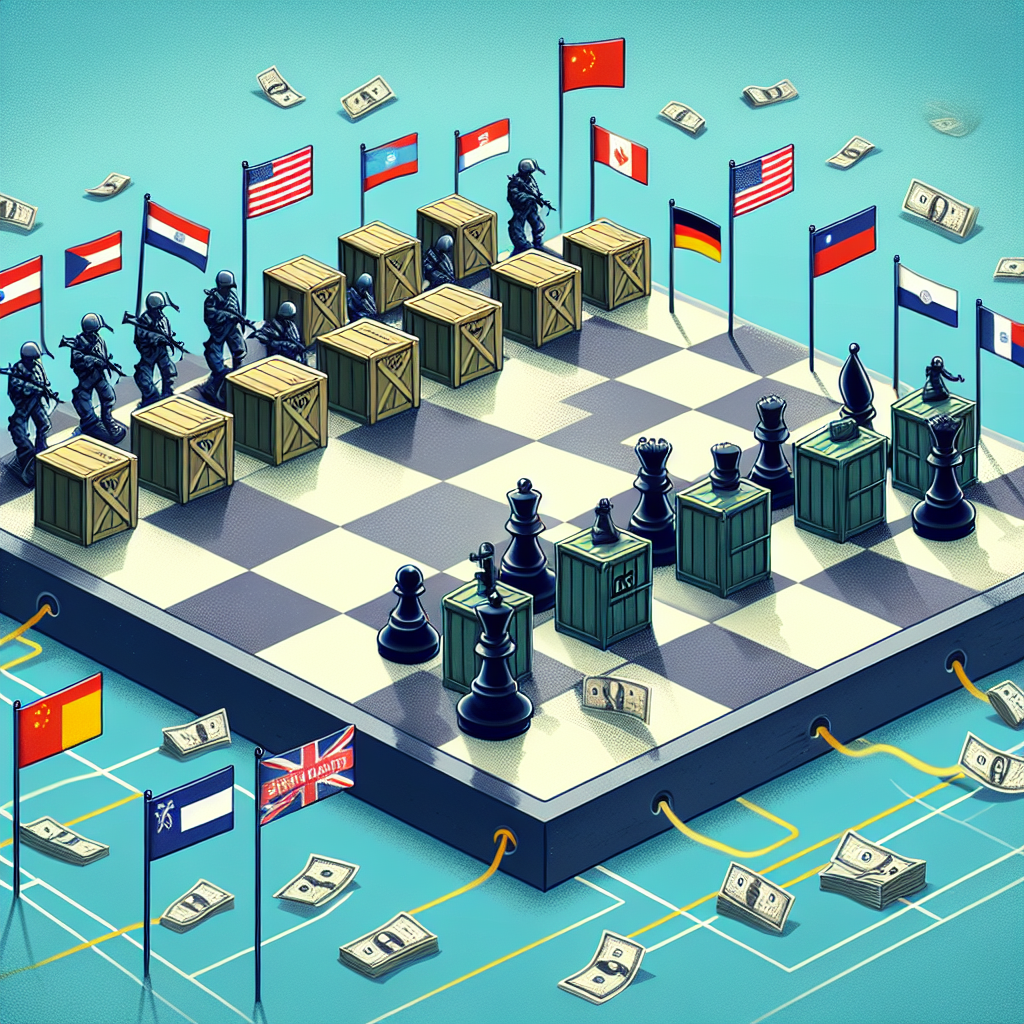China Urges US to Avoid Trade Conflicts Amid Economic Challenges

Introduction: Rising Tensions in Global Trade
In the wake of the US election results, speculation and concern are mounting across the globe about the potential impact of the newly re-elected President Donald Trump on international trade relationships. With particular attention focused on the looming trade conflict between the United States and China, the world is closely monitoring the developments that could redefine global economic dynamics.
China’s Strategic Response to Tariff Threats
Following alarming statements from Donald Trump during his campaign regarding the imposition of a 60% tariff on Chinese imports, China has reacted with caution and calls for cooperation. China's top diplomatic voice in the US, Ambassador Xie Feng, has emphasized the detriments of trade wars, asserting that when it comes to tariff battles, there are no victors.
At a business council dinner in Washington, Xie advocated for a spirit of collaboration between the two global powers. He stressed that strengthening dialogues on overlapping challenges like climate change and advancements in artificial intelligence could pave the way for mutually beneficial outcomes.
Economic Realities and Challenges Facing China
Faced with a more precarious domestic economic climate than during the previous trade confrontation, Chinese President Xi Jinping is steering through turbulent waters. Any new tariffs imposed by the US could have a significant ripple effect on the Chinese economy, potentially impacting up to $500 billion worth of goods.
Reflecting on past tensions, it’s clear that the trade skirmishes between 2018 and 2019 set a precedent for retaliatory policies, pushing both economies into a cycle of tit-for-tat tariffs. The economic aftermath of these actions has shown the limitations and self-inflicted harm of aggressive trade barriers.
Calls for U.S.-China Business Synergies
Despite these tensions, Ambassador Xie underscored the importance of keeping avenues for U.S. business investments open in China. His message focused on nurturing long-term partnerships that could weather political tides and deliver tangible benefits for both nations' economies.
Xie's rhetoric marks a diplomatic effort to appeal directly to American businesses, possibly in a bid to rally influential stakeholders who might oppose severe trade restrictions. Such strategies underscore the economic interdependence that has traditionally been a stabilizing force against larger geopolitical rifts.
Looking Ahead: Emerging Economic Landscapes
The uncertainties surrounding the future of U.S.-China trade relations underscore the broader complexity of global economic entanglements in a rapidly shifting landscape. Areas such as technology and industry are particularly sensitive to policy changes, and they remain critical pressure points in the ongoing negotiations.
With leaders like Xie calling for a lengthier list of collaborative ventures, the opportunity for a new chapter of economic infrastructure based on cooperation rather than competition looms large. Yet, the realization of such goals requires comprehensive and sustained diplomatic efforts from both sides of the Pacific.




